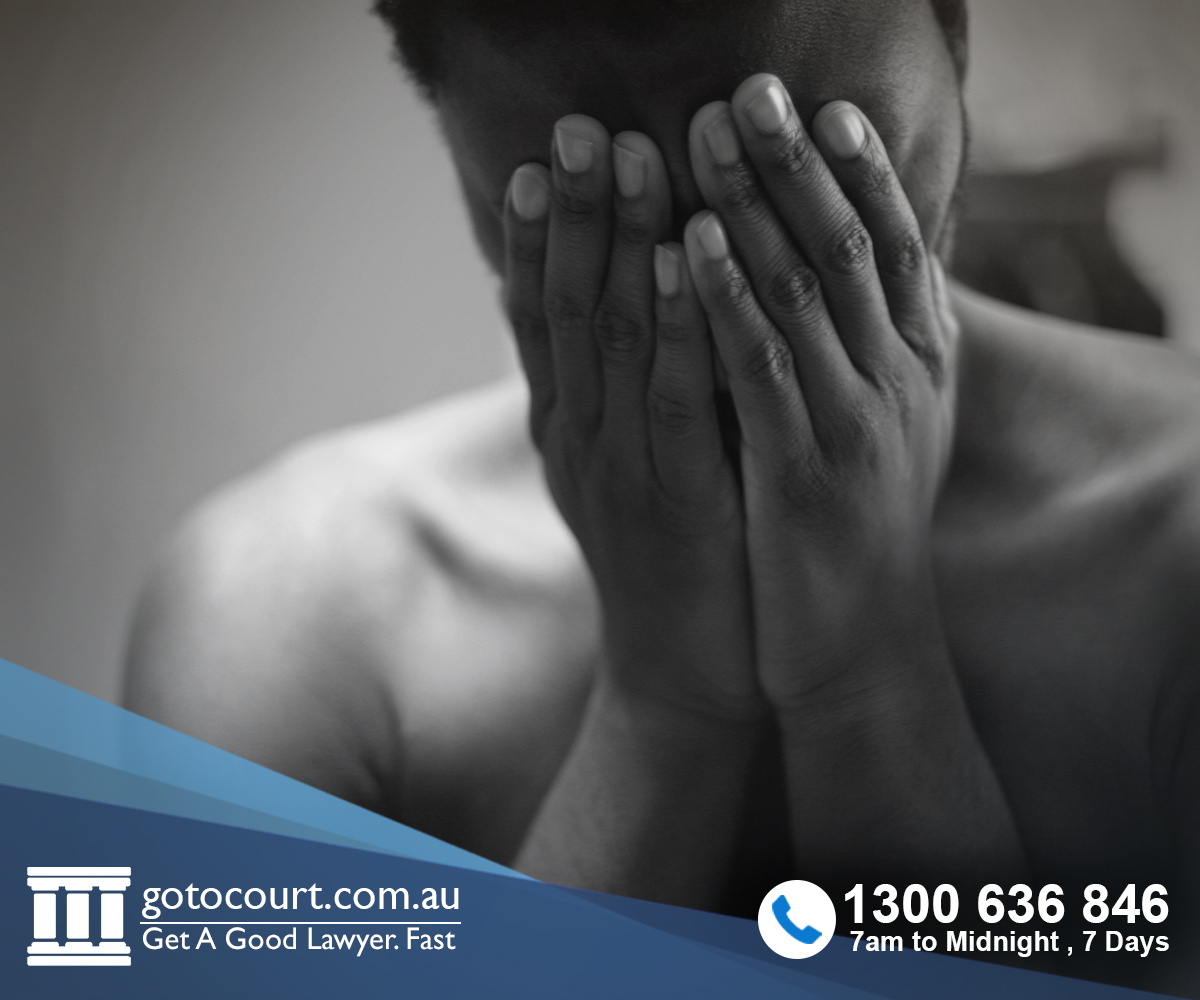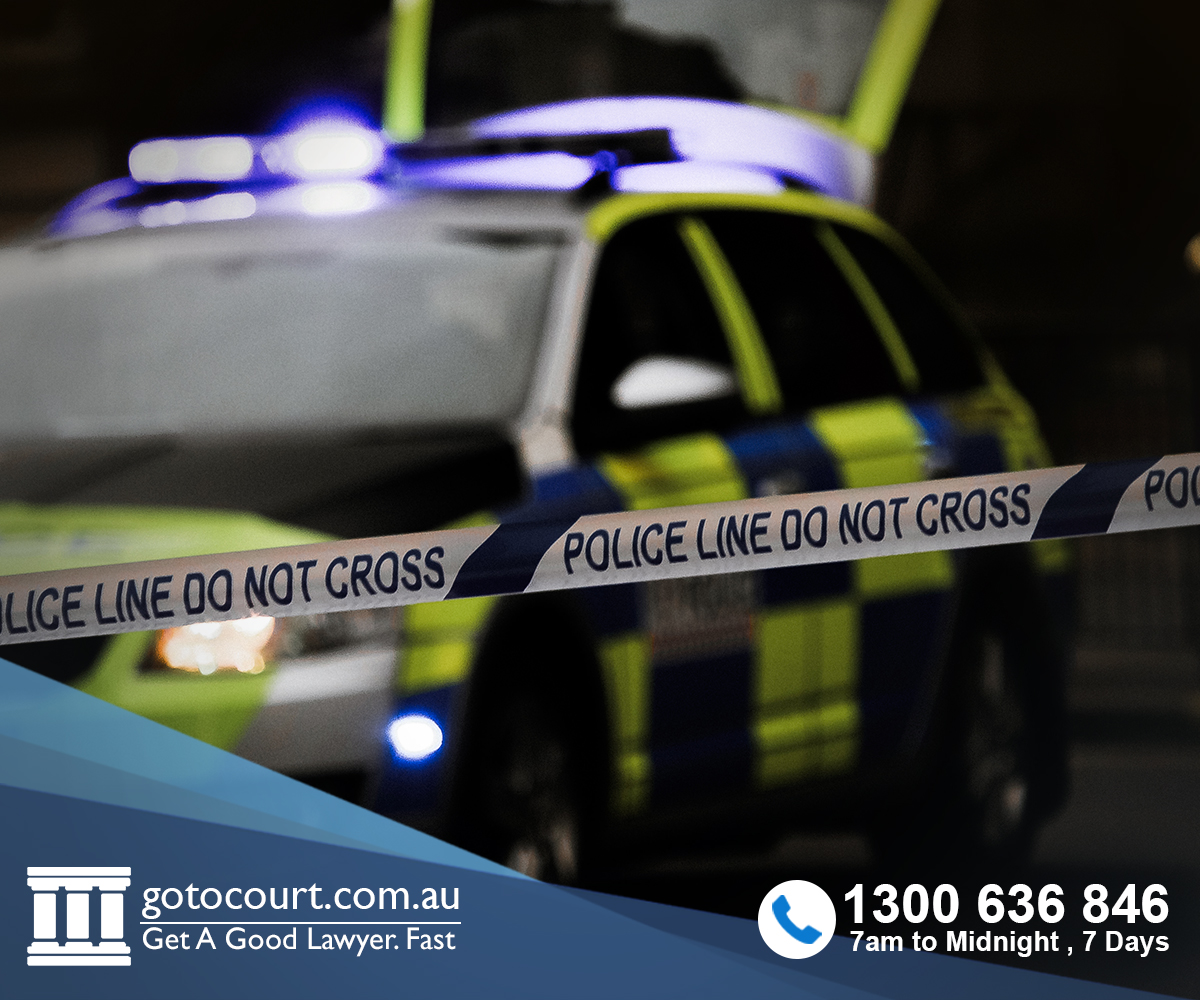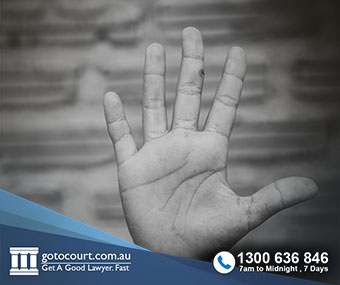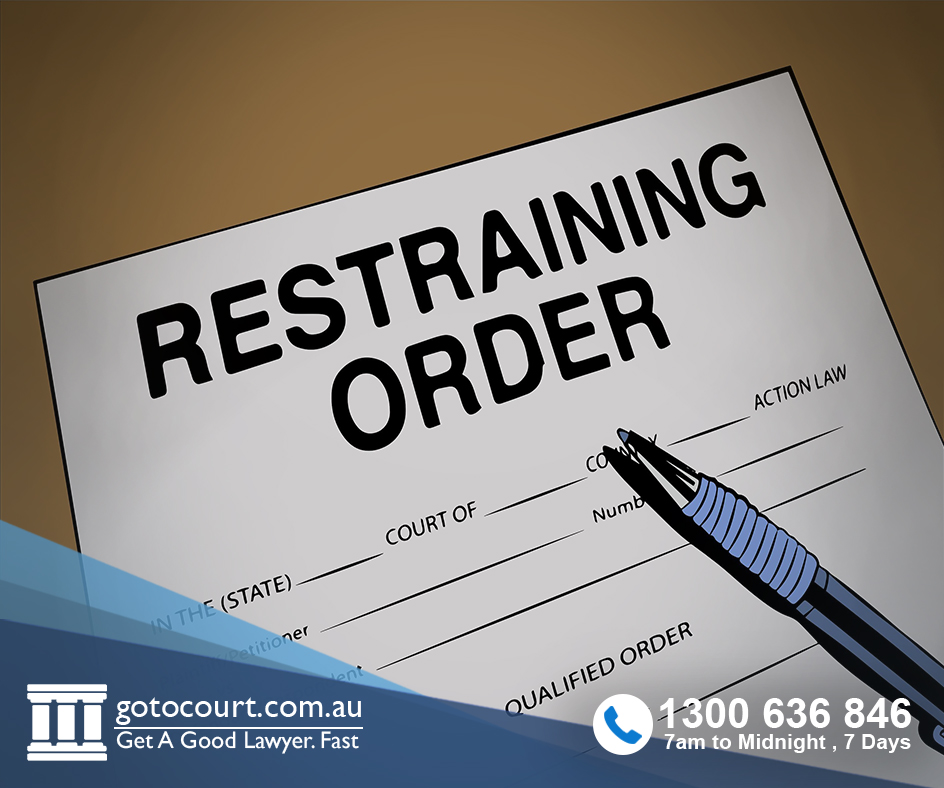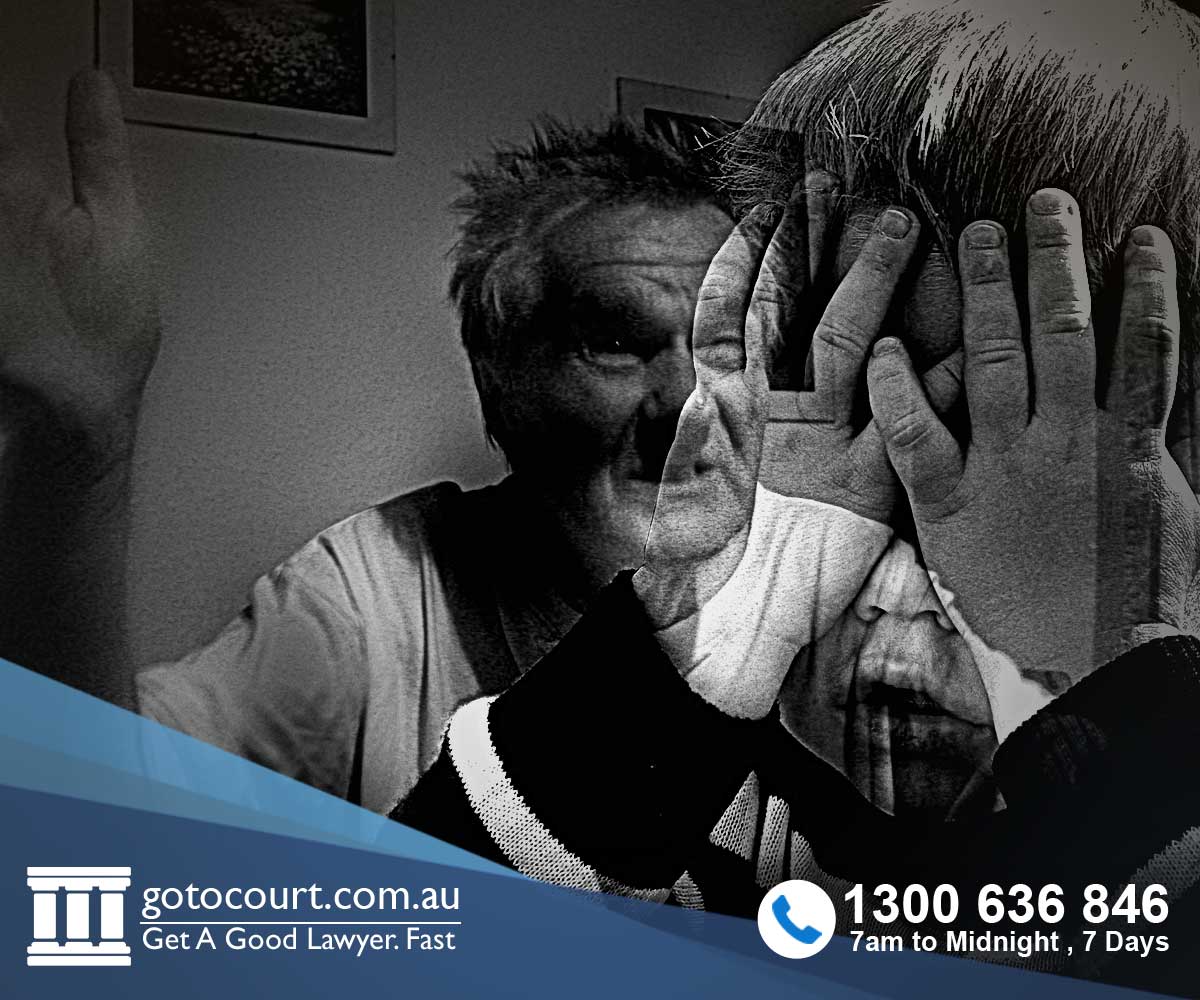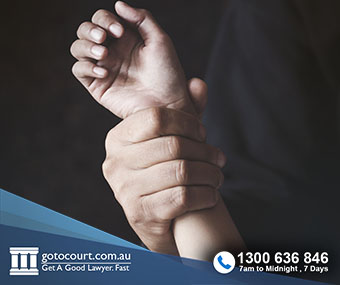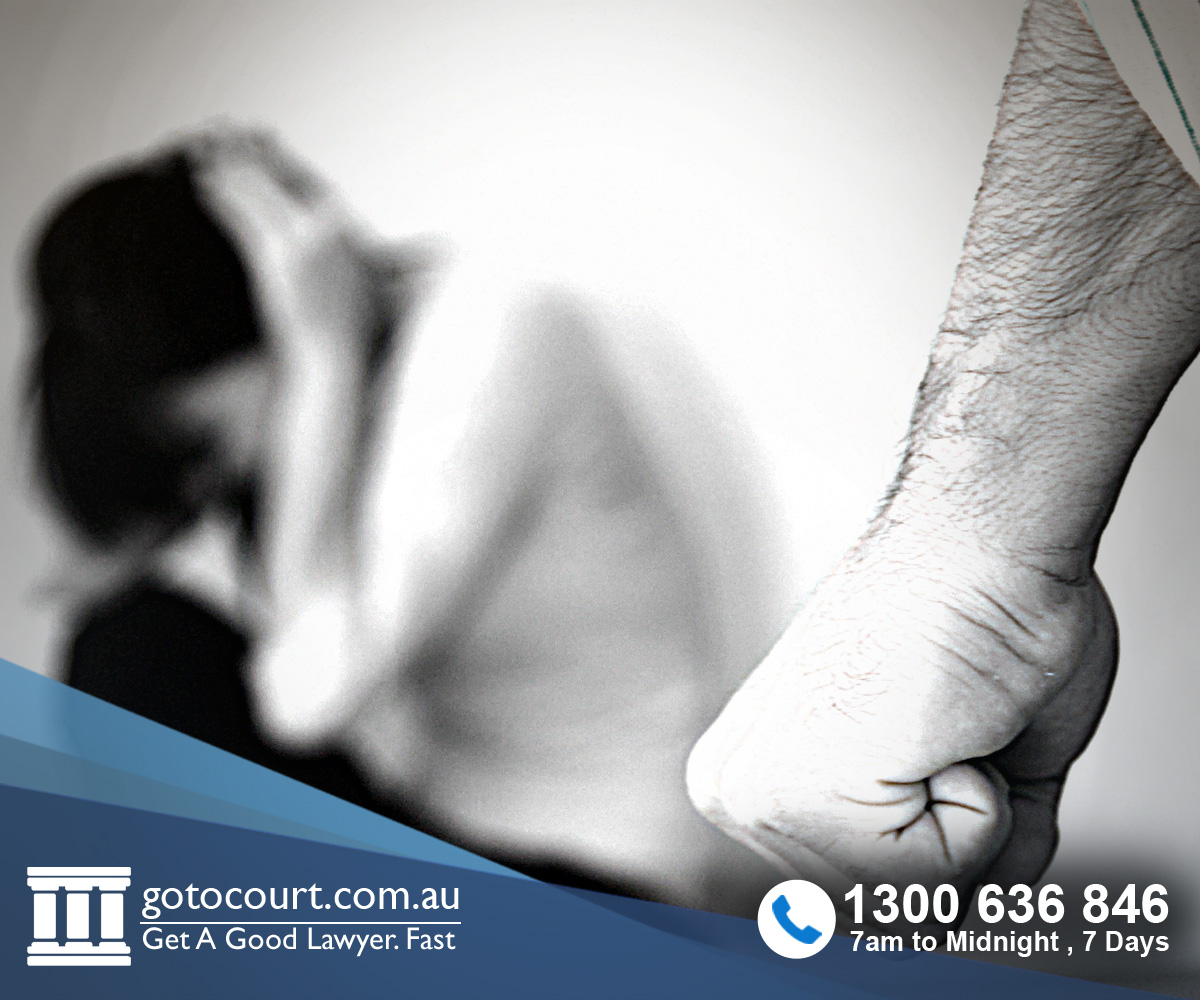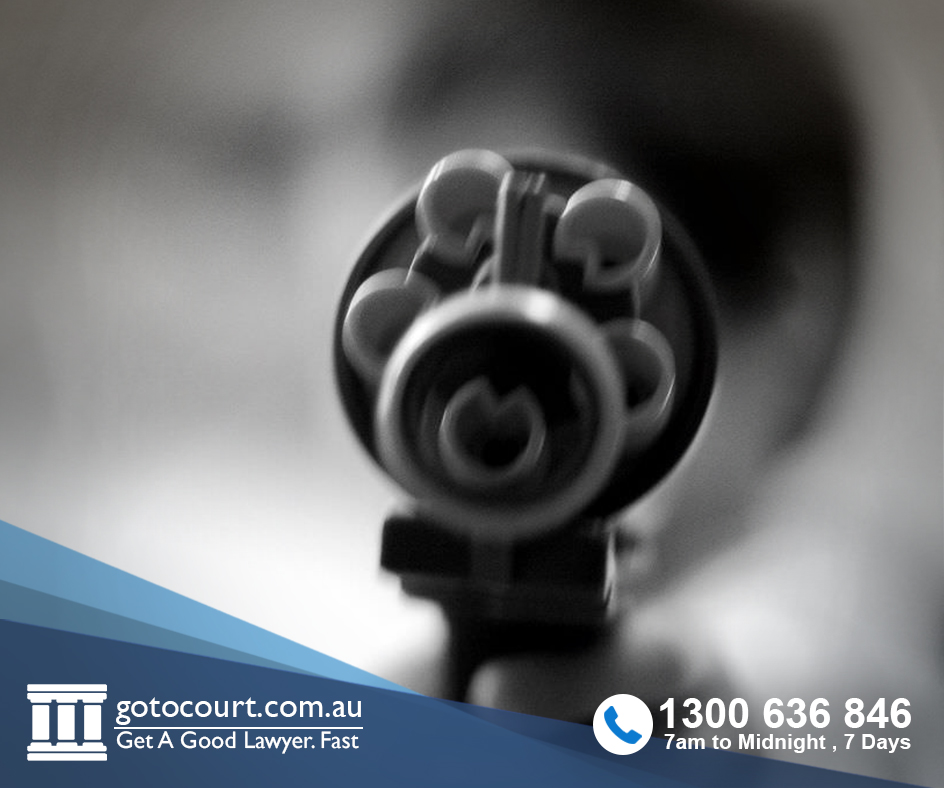Breach of a Domestic Violence Protection Order in the ACT
Breach of a Domestic Violence Protection Order in the ACT
A breach of a Domestic Violence Protection Order in the ACT is a serious criminal offence. In the ACT, orders restraining a person (the defendant) from committing family and domestic violence against another person (the protected person) are made under the Family Violence Act 2016. This page deals with breaches of domestic violence protection orders in the ACT.
What relationships are covered?
In the ACT, a person can apply for a protection order against a family member. Under section 9 of the Family Violence Act 2016, this includes partners, former partners, relatives, the children of partners and former partners and the other parent of a person’s child.
Breaches of Domestic Violence Protection Orders
A person who has a domestic violence protection order made against them is not guilty of an offence and the order does not appear on their criminal record. However, if the person breaches the conditions of the protection order, this is a criminal offence and if they are found guilty, they will have a conviction recorded as well as receiving a criminal penalty.
If a person is suspected of breaching a protection order, they may be arrested and charged with that offence. If the breach was an act that also amounts to another criminal offence – such as assault – they may be charged with that offence as well.
To assist police, a protected person should gather evidence of the breach and keep notes documenting the date, time, and place where the breach occurred.
Defences
A person who is charged with breaching a protection order may have a legal defence. Some of these are summarised below.
Accused did not know about the order
A person can only be found guilty of contravening a Domestic Violence Protection Order in the ACT if they were present in court when the order was made or if they have been personally served with a copy of the order.
Mistake of fact
A person may have a legal defence to breaching a protection order if the breach came about because of an honest and reasonable but mistaken belief about a matter of fact (not a matter of law).
Duress
A person is not guilty of an offence if they committed the act because they were ‘forced’ to do so by another person.
Accident
A person is not guilty of an offence if they contravened the conditions of the order accidentally. For example, if an order prohibits Person A from having contact with Person P, but the two run into each other at the supermarket, no offence has occurred. However, in this example, if Person A tries to talk to Person B at the supermarket, they will be in breach of the order.
Penalties for breaching a Domestic Violence Protection Order
Under section 43 of the Family Violence Act 2016, the maximum penalty for breaching a Domestic Violence Protection Order is a fine of 500 penalty units, imprisonment for five years, or both.
As well as fines and imprisonment, there are other penalties that a court can impose for a breach of a Protection Order. These include home detention, community service, and good behaviour bonds.
Duration of orders
Domestic Violence Protection Orders generally remain in force for two years. However, the court can impose a shorter period or a longer period.
Can the conditions of a Domestic Violence Order be amended or revoked?
The protected person, the respondent or the applicant (if the applicant was not the protected person) in a protection order may apply to have the order amended or revoked.
Under section 83 of the Family Violence Act 2016, the court may amend or revoke the only if satisfied that:
- Doing so will not adversely affect the protected person or their child; and
- If the amendment will reduce the protection of a child under 15, that the child is no longer in need of the greater protection offered by the unamended order.
A Protection Order may also be extended before it expires. An application for an extension must be made at least 21 days before the expiry of the order.
A court may revoke a Domestic Violence Protection Order if it is satisfied that the order is no longer necessary for the protection of a person and that no child under 15 will be adversely affected if the order is revoked.
Alternatively, a court may dismiss an application to have a Protection Order revoked or amended.
If you require legal advice or representation in any legal matter, please contact Go To Court Lawyers.

Affordable Lawyers
Our Go To Court Lawyers will assist you in all areas of law. We specialise in providing legal advice urgently – at the time when you need it most. If you need a lawyer right now, today, we can help you – no matter where you are in Australia.How It Works




1. You speak directly to a lawyer
When you call the Go To Court Legal Hotline, you will be connected directly to a lawyer, every time.

2. Get your legal situation assessed
We determine the best way forward in your legal matter, free of charge. If you want to go ahead and book a face-to-face appointment, we will connect you with a specialist in your local area.

3. We arrange everything as needed
If you want to go ahead and book a fact-to-face appointment, we will connect you with a specialist in your local area no matter where you are and even at very short notice.

